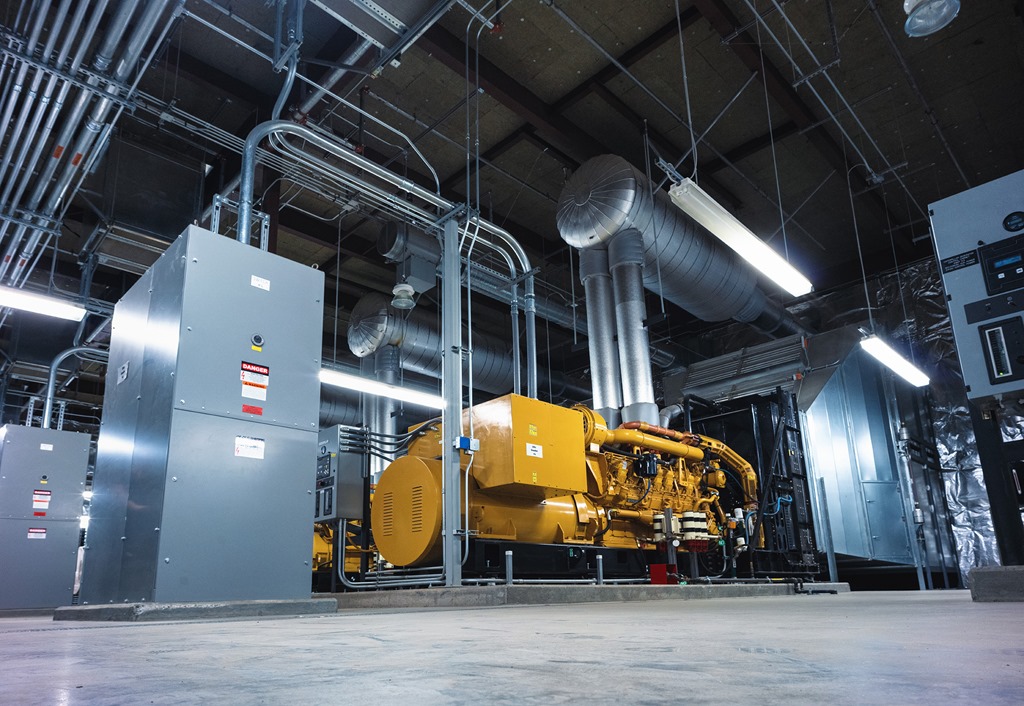31
May
Progress on our commitment to sustainable backup power in datacenters by 2030
In July 2020, we announced our goal to eliminate our dependence on diesel fuel for backup power in our datacenters by 2030. This is in addition to our commitment to having a 100 percent supply of renewable energy procured for our datacenter operations by 2025. Reliable backup power is essential to our customer promise—delivering highly available, reliable, and scalable cloud services. Many critical industries, governments, and institutions depend on the Microsoft cloud to support essential operations, even when events such as extreme weather interrupt the primary energy supply.
Generators at datacenters, most often powered by petroleum-based diesel, play a key role in delivering reliable backup power. Each of these generators is used for no more than a few hours a year or less at our datacenter sites, most often for routine maintenance or for backup power during a grid outage. Diesel fuel accounts for less than 1 percent of Microsoft’s overall emissions, but finding solutions to reduce reliance on traditional diesel fuels represents a substantial contribution to the technology pathways necessary for deep decarbonization. The most immediate opportunity to reduce the use of traditional diesel fuels is to validate and implement alternative, lower-carbon fuel sources for our generators.
Today we are announcing that Microsoft’s datacenter region in Sweden, which will be available to customers later this year, will be the first to use lower-carbon renewable fuel for backup power. The datacenter generators run on Preem Evolution Diesel Plus, the world’s first Nordic Eco-labelled fuel, which contains at least 50 percent renewable raw material, and nearly an equivalent reduction in net carbon dioxide emissions compared with standard fossil diesel blends. Microsoft has collaborated with both Preem and Caterpillar, a world-leading provider of backup gensets, to ensure that the Evolution Diesel Plus product offers the same technical performance as traditional fuels, with fewer net emissions. The use of Evolution Diesel Plus at Microsoft datacenters in Sweden is a step on the path toward the commercial and technological innovations necessary for cleaner, 100 percent renewable synthetic fuels applicable for the decarbonization of hard-to-abate industries.
Generators provide the most reliable source of backup power on a global scale—but they are not the only source for backup power. We are innovating and piloting other backup power sources in our datacenter regions, which could in the future provide viable replacements to generators. Batteries already supply short-term backup power needs, filling the roughly 30-second gap between a potential outage on the grid and the time it takes to power up the diesel generators. In the future, batteries with a longer duration could replace the role diesel generators play today. With TOTAL, we recently announced a collaboration as strategic partners to assess the long-term feasibility of deploying large batteries as backup power for critical infrastructure and continuing research and development in this area.
Lastly, we are looking ahead to how we can source viable green energy for backup power through hydrogen fuel cells. Last year, we announced a worldwide first—hydrogen fuel cells powering a row of datacenter servers for 48 consecutive hours. This successful pilot provides a proof of concept for supporting backup power needs that could be implemented once batteries reach their capacity.
On the path to 2030, we are continuing to innovate and partner to create and implement viable solutions to eliminate dependency on traditional diesel fuels. We look forward to sharing more progress on this journey along the way.
